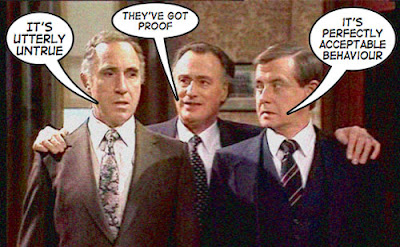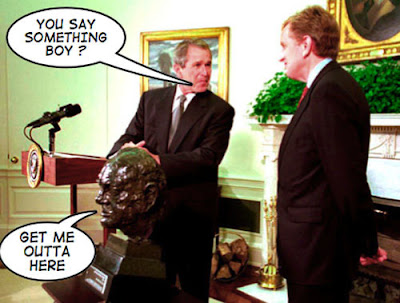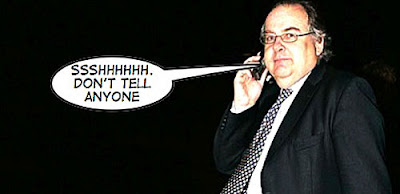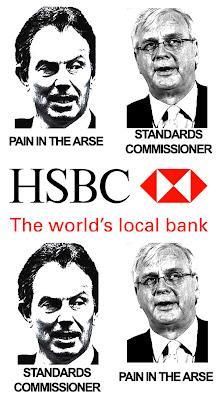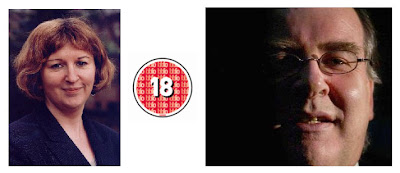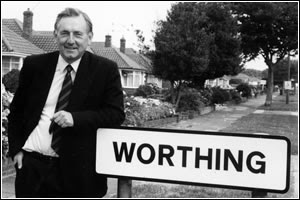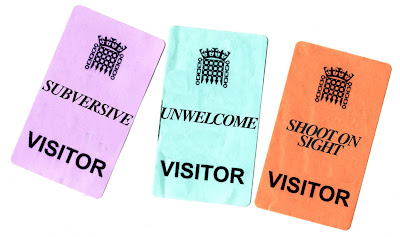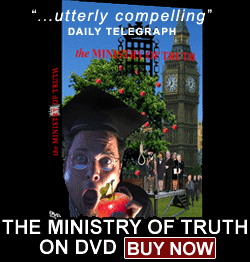
The trials and tribulations of Maurice Frankel, the man (without a knighthood) behind the Freedom of Information Act and part inspiration for our decision to press ahead with The Misrepresentation of the People Act is once more being put through the government grinder in an attempt to castrate it. The full story is here.
Some of the glorious info we'd be without if we didn't have the FOI is here.
Some gloriously hypocritical past Goverment quotes on the importance of the FOI Act follow for your delectation. Please note the latest of these is from April '98. It wasn't until seven years later the Act came into effect (despite having been part of the Labour party manifesto for a record 6 times). We're reliably informed by our friends in the civil service that the week before it's implementation their shredders were working overtime ;
"Information is power and any Government’s attitude about sharing information with the people says a great deal about how it views power itself and how it views the relationship between itself and the people who elected it” Tony Blair, speech at Campaign for Freedom of Information Act Awards, March 25, 1996
“We need a Freedom of Information Act that ensures not only a presumption in favour of disclosure, but also that the public interest defence must be available where there is a question mark over the illegitimate disclosure of information by civil servants . . .” Gordon Brown, Charter 88 Sovereignty Lecture, March 9, 1992
“We want to break down the barriers that may make the individual see the State in terms of Kafka’s Castle” Jack Straw, Annual Consitutution Unit Lecture, October 27, 1999
“We promised to make Britain a world beacon by creating a model freedom of information regime . . . Government should adequately and actively take the lead in promoting openness. We should be ready to open our doors, our files, our databases, so that the British people know what is being said and done in their name.” Lord Irvine of Lairg, Speech to the Campaign for Freedom of Information Awards, April 28, 1998
“We remain fully committed to freedom of information, to promoting a radical change across Government in the way Government conduct business, and to a new relationship between Government and the citizens they serve.” Lord Williams of Mostyn, Attorney General 1999-2001, Lords’ debate, February 10, 1999
“The rock on which [partnership between people and Government] is founded is trust and without openness and transparency in our dealings with the British people there will be no trust.” Peter Mandelson, quoted in The Times, November 20, 1997
Hat-tip to The Times for these.
Our interview with the man in the hot-seat...
The "out-takes" and behind the scenes jiggery pokery...




